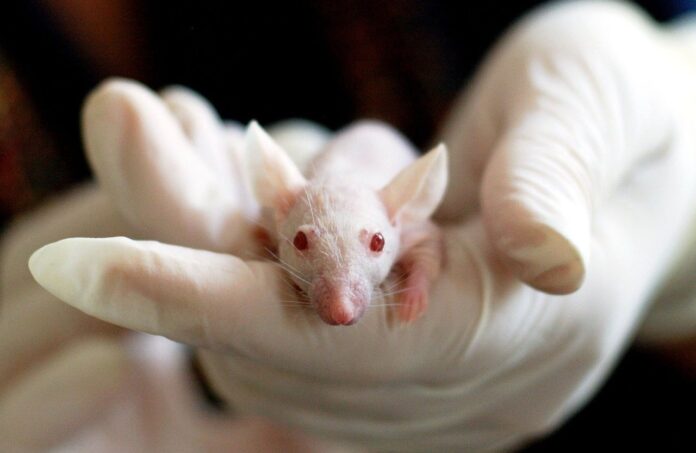Animal testing has always been a topic of heated debate, and many a times even the governments find it difficult to take a solid stand on the same. Now, the issue has again come to light with the new series of regulatory decisions made by the European Chemicals Agency (ECHA), with support from the European Commission and ECHA’s own Board of Appeal.
The EU Cosmetics Regulation on animal testing and marketing bans have paved way for regulations around the world, setting the precedent for cosmetics products and ingredients to be used safely without subjecting animals to cruel and unnecessary tests.
The new regulations by ECHA require some widely used cosmetics ingredients to be tested on thousands of animals under the guise of the Registration, Evaluation, Authorisation and Restriction of Chemicals (REACH) regulation.
As a direct result of these decisions, the use of thousands of rats and rabbits in tests is required, some of whom will be force-fed a cosmetics ingredient throughout pregnancy before they and their unborn offspring are killed and dissected.
To resist this new ECHA rule, Unilever, 26 PETA-approved cruelty-free brands, animal protection organisations, amongst others have come together to co-sign an open letter calling for the EU Cosmetics Animal Testing Ban to be upheld as intended, with no new animal tests allowed. Guragon-based personal hygiene brand Pee Safe is also a signatory to the open letter.
These companies believe that alternatives to animal testing can be used to assess the safety of ingredients, and there is no need to subject animals to such horrific tests. The new REACH regulation will render the cosmetics testing and marketing bans meaningless. In May 2018, the European Parliament called for a worldwide ban on testing cosmetics on animals by 2023.
The ingredients that ECHA requires to be animal tested have a long history of safe use by consumers and have been handled safely in factories for many years. The Court of Justice of the European Union in the 2016 European Federation for Cosmetic Ingredients case also stated that the new safety-assessment data for cosmetics substances imported into the EU must rely only on non-animal assessment methods.
There is also an increasing consumer demand for cruelty-free products that have not been tested on animals. In such a scenario, REACH regulation will undermine the efforts of these companies working towards a cruelty-free cosmetic industry.


